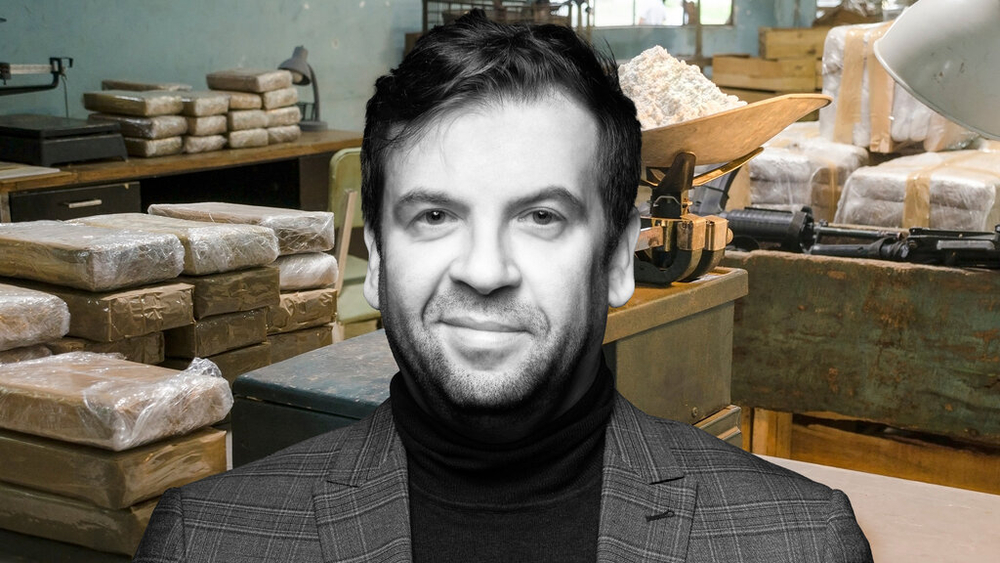
Dr hab. Piotr Chomczyński, Associate Professor at the University of Lodz and Stanisław Staszic State University of Applied Sciences in Piła (ANS w Pile) is a sociologist and a criminologist, a co-editor of the latest PWN Handbook of Criminology. He has monitored the situation of people incarcerated in prisons and correctional facilities in Mexico. He is a winner of numerous scholarships and a participant in many international projects (Mexico, Honduras, Norway, Ecuador etc). Currently he has been working on the international research project "Crime in Latin America (CRIMLA)" financed by a grant from the Norwegian Research Council.
What inspired you to become a scientist?
For as long as I can remember, I have found it easy to acquire new information, and I liked to investigate cause-and-effect relationships between the phenomena I have observed. Moreover, I had fun reflecting on the nature of the reality around me. That's how the idea to pursue it professionally was born.
What impact does your work have on the surrounding reality?
I deal with empirical criminology and organised crime in Latin American countries. While conducting research in Mexico, I focused on international criminal organisations, noting that the phenomena observed there would soon appear in Europe, including Poland. It is therefore possible to talk about predicting some trends in organised crime in our country.
How do you understand the term: profession of a scientist?
I understand it as a passion for learning about new phenomena and the relationships between them. A scientist is someone who creates, or most often co-creates, new knowledge and tries to communicate it to society. I believe that scientists play an ancillary role towards society, which supports science and the representatives of science by paying taxes.
More information about Prof. Piotr Chomczyński`s work
Criminology. Theory and practice (In Polish)
On the theory of collective trajectory (In Polish)
Scientific achievements
ORCID
LinkedIn
SCOPUS
Google Sholar
Research Gate
*Disclamer about the background photo. It is a set staged to recreate an illegal warehouse, and the weapons are movie props.
Source: Prof. Piotr Chomczyński (Department of Sociology of Art, Faculty of Economics and Sociology)
Edit: Michał Gruda (Communications and PR Centre, University of Lodz)
The mission of the University of Lodz is to conduct reliable research and actively disseminate facts and research results so as to wisely educate future generations, be useful to society and courageously respond to the challenges of the modern world. Scientific excellence is always our best compass. Our values include: courage, curiosity, commitment, cooperation and respect.
